
Photography and Ghost Imaging
Talk by Prof. Dr. Jens Schröter on the 3rd Essen Symposium for Photography
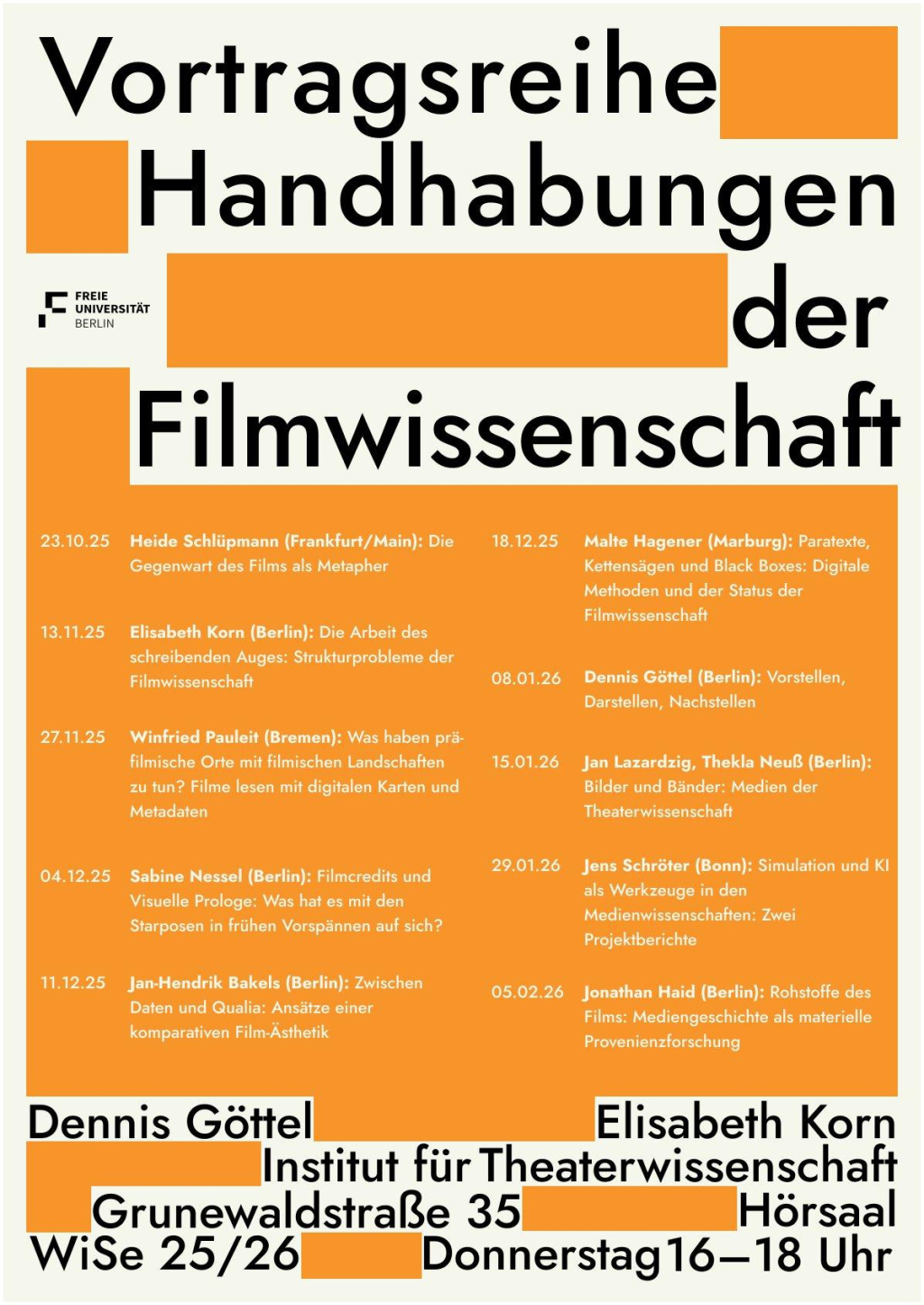
29.1.2026: Lecture by Prof. Dr. Schröter on Simulation and AI as Tools of Media Studies!
Lecture Series at FREIE UNIVERSITÄT BERLIN!

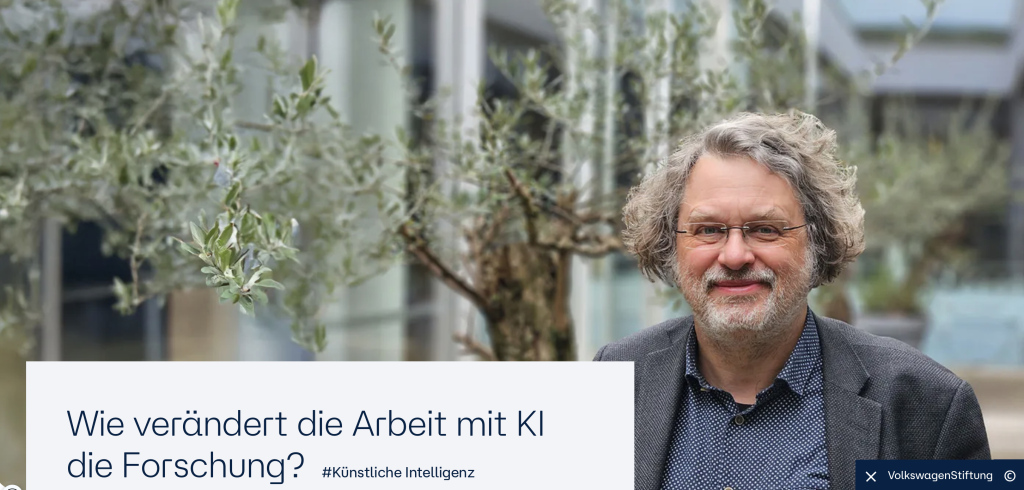
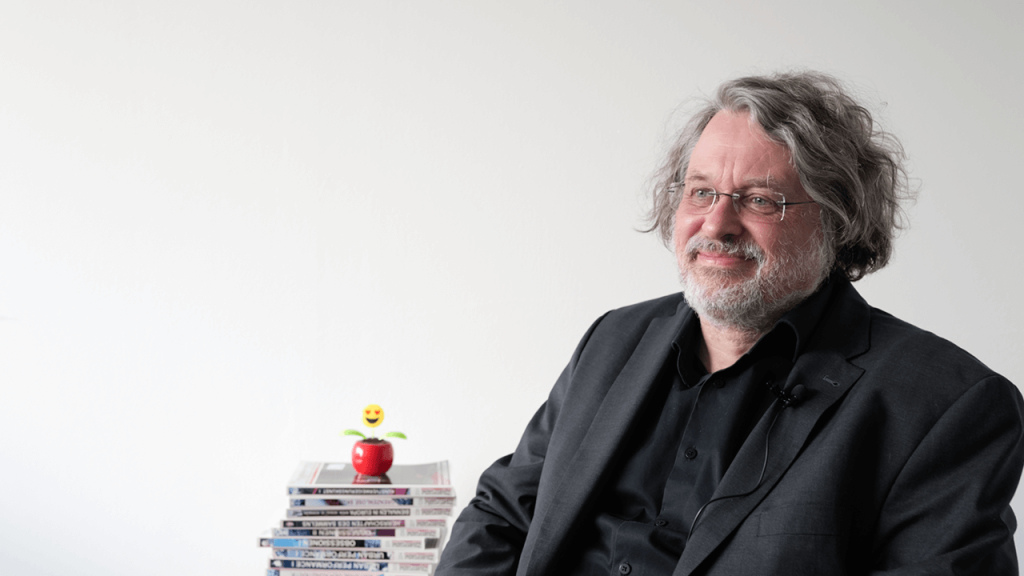
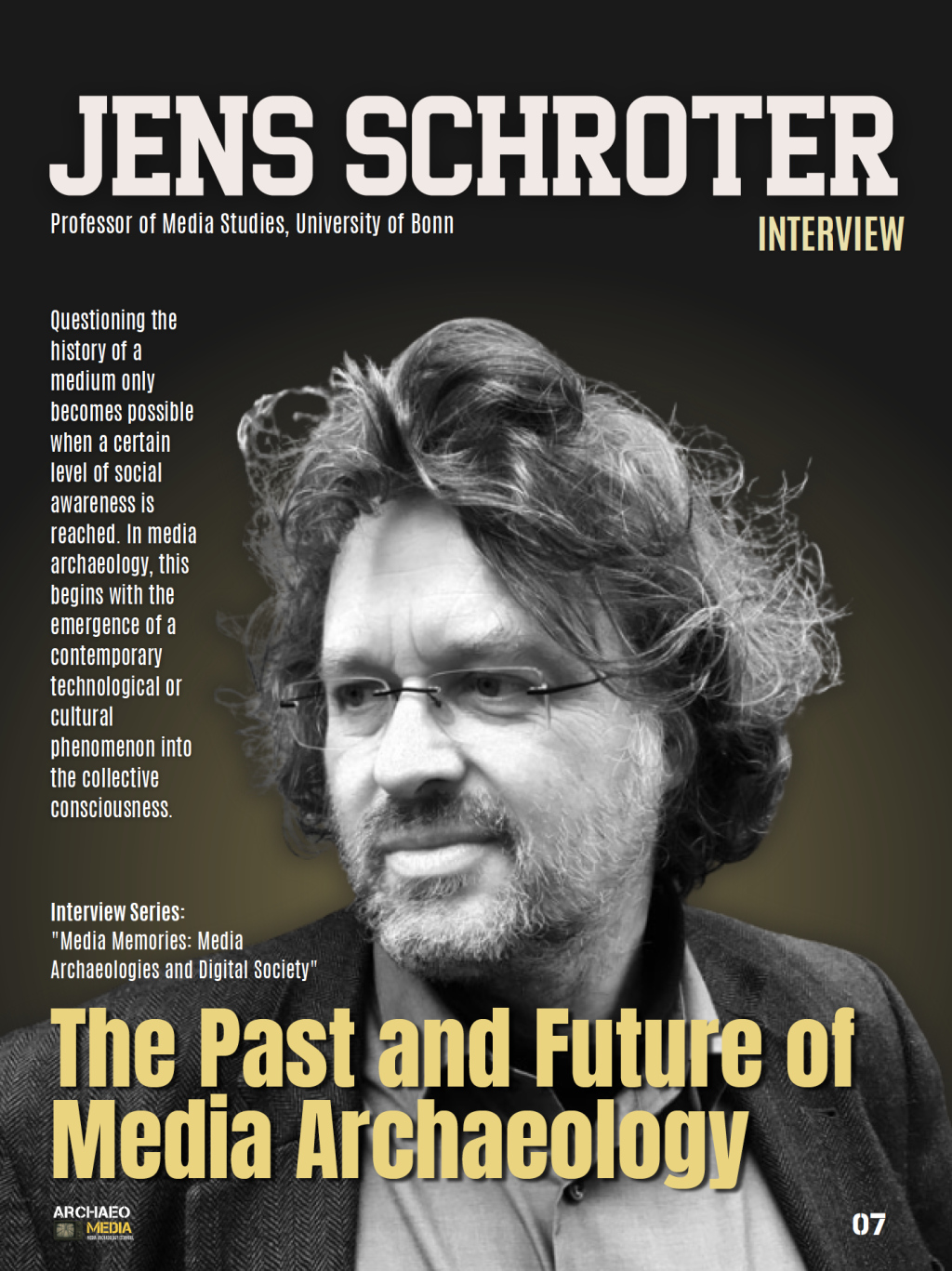
INTERVIEWS WITH PROF. DR. JENS SCHRÖTER
On simulated or AI-generated, photorealistic images... / On AI in the sciences... / On artistic research AND BRANDNEW: On media archaeology!
In a new episode of the legendary podcast »Fotografie Neu Denken« Prof. Dr. Jens Schröter discusses with Andy Scholz the recent changes in image culture and the role of media studies.
(and here is the link to my first interview in »Fotografie Neu Denken« from 2021)
In an interview with the Volkswagen-Foundation Prof. Dr. Jens Schröter speaks about the changes and continuities in scientifc practice when working with AI.
Martina Leeker from the University of Cologne conducted this interview on artistic research.
Here is the link to the video.
NEW!
Interview in Istanbul journal ARCHAEO MEDIA on THE PAST AND FUTURE OF MEDIA ARCHAEOLOGY!

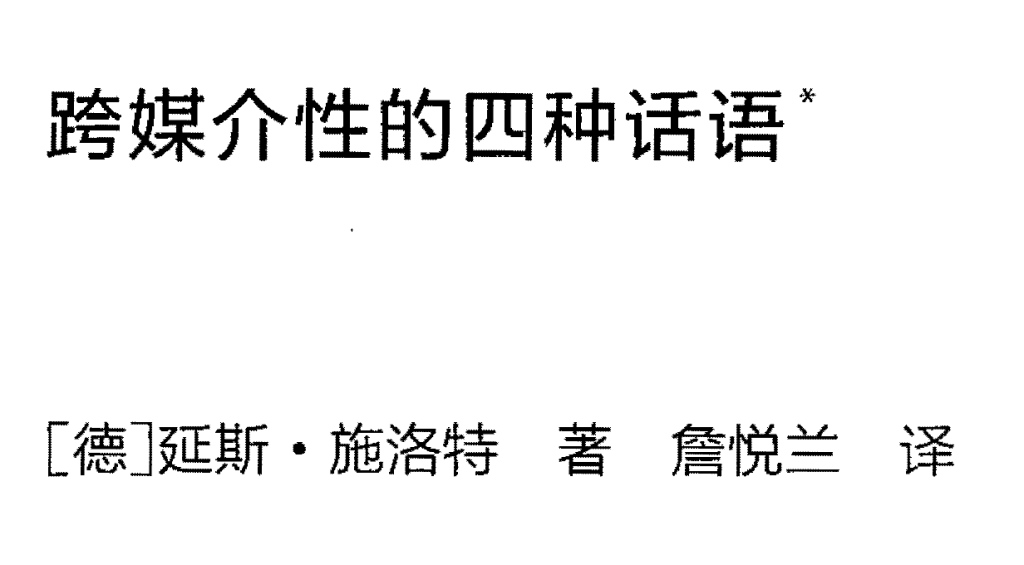
Interview with Prof. Dr. Jens Schröter in Chinese Journal! AND Translated Article in Chinese Book edited by Werner Wolf!
Intercultural Dialogue and Interdisciplinary Convergence:
Toward Plural Media Studies
Wu Jingwei, Jens Schröter, Song Sijing (Translator)
Journal of Communication Innovation Research, 2, 2025, p. 1-13 + 238.
This article conducts an in-depth interview with Jens Schröter, a German media studies scholar. It attempts to define and explore the characteristics, boundaries, current significance and limitations, as well as future developments of media studies. Taking as its starting point the study of the technologies and associated institutions and practices that are necessary to store, transmit, process and display information, media studies is both distinct from other fields of study and also has possibilities that allow for dialogue and integration, presenting itself as a plural discipline. On the one hand, media studies emerge based on the overlapping of different developments, focusing on a specific object (media) with various approaches and perspectives. On the other hand, media studies, which for historical reasons focuses more on technology, can in the future incorporate economic and political issues into its research framework through dialog and integration with other fields, such as economics; German media studies can likewise engage in a dialog with media studies in other countries, such as China and France. In our current technological society, we are dependent on technological infrastructure all the time, and media studies are helping to answer the question of what is happening around us and society.
Here is the link to the paper!
The translated article is: 跨媒介性的四种话语. In 艺术跨媒介研究精粹, Li Jian & Werner Wolf (ed.), pp. 178-190. trans. Zhan Yuelan, Beijing: SDX Joint Publishing Company, 2025. (ISBN: 978–7–108–08180–3)
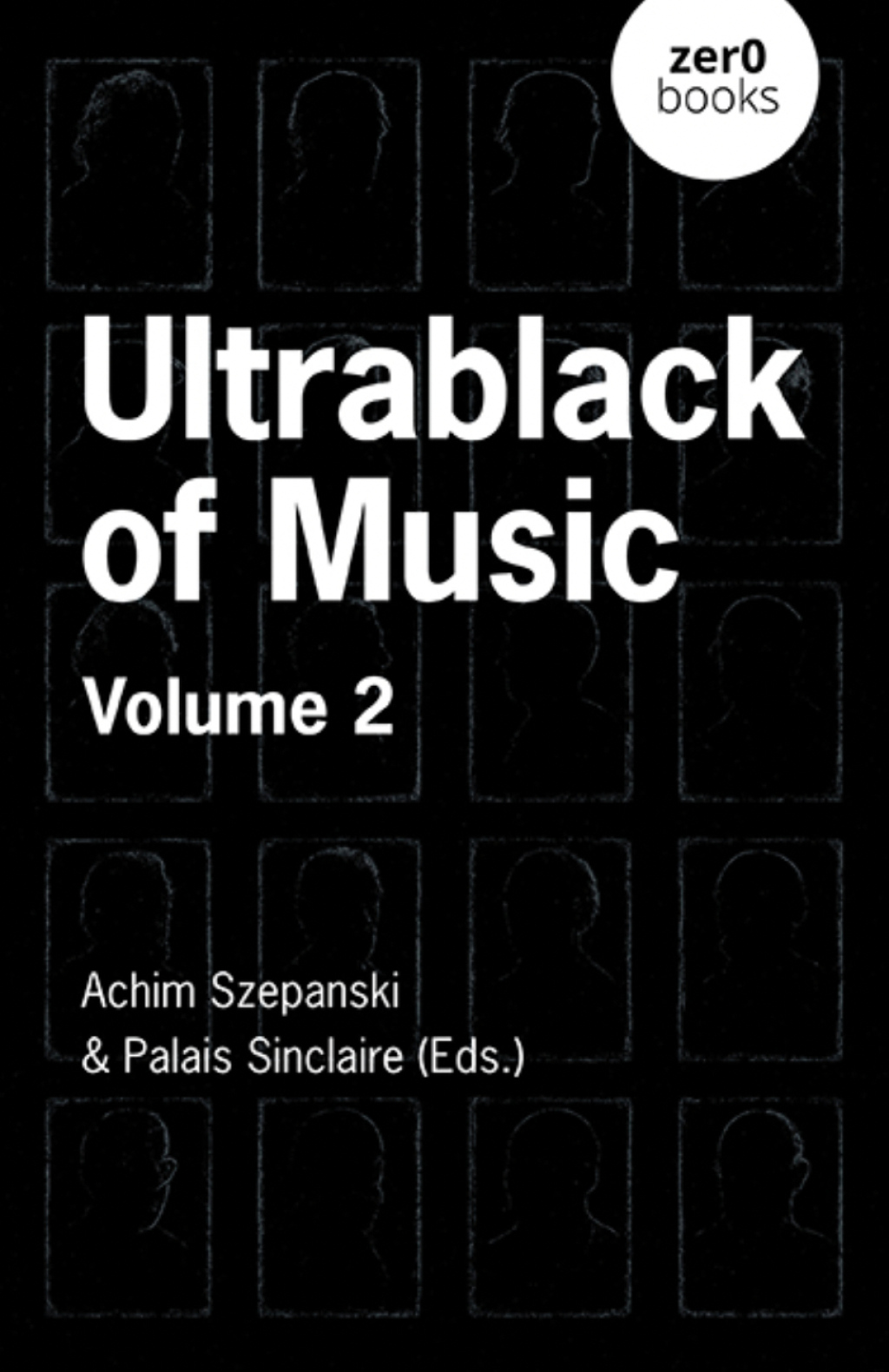
OUT NOW!
with an essay by Prof. Dr. Jens Schröter on »Quantum Aesthetics«
It is an honour to be included in the last book Achim Szepanski, the founder of legendary music label MILLE PLATEAUX, could edit before his death in 2024.
Rest in peace dear Achim.
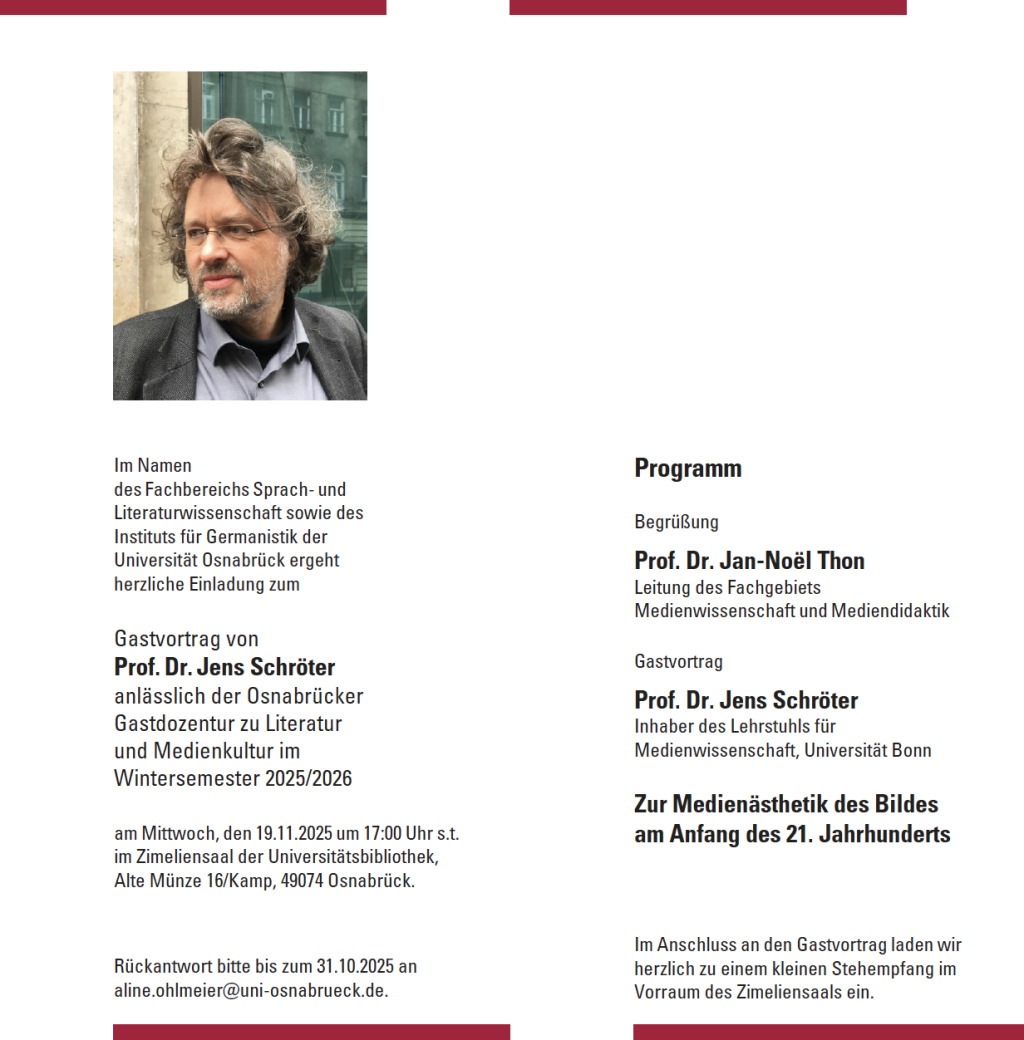
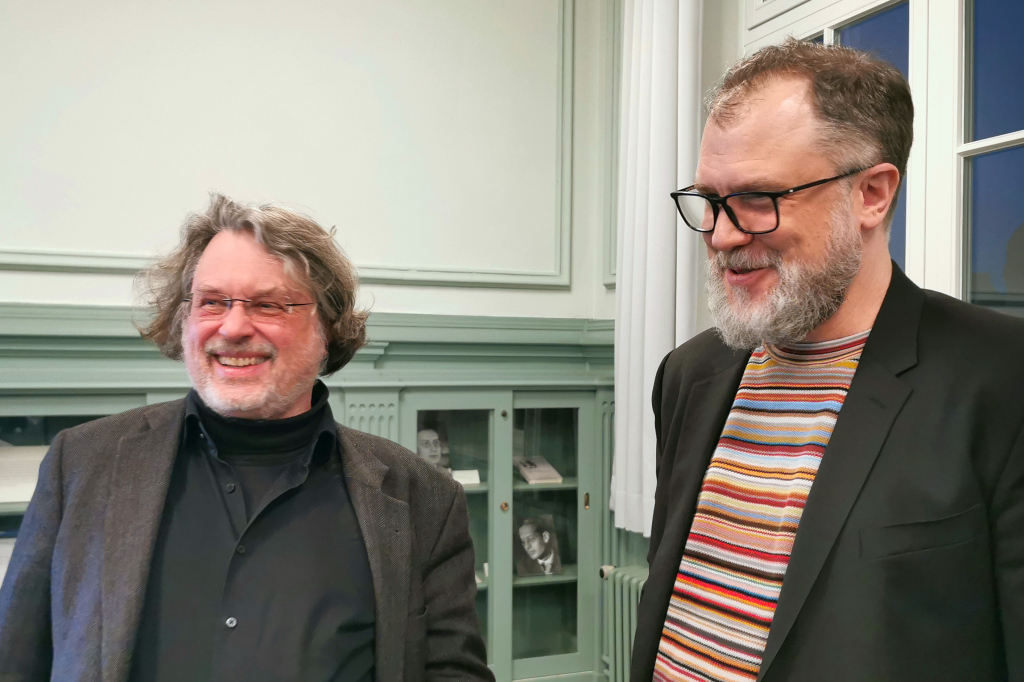
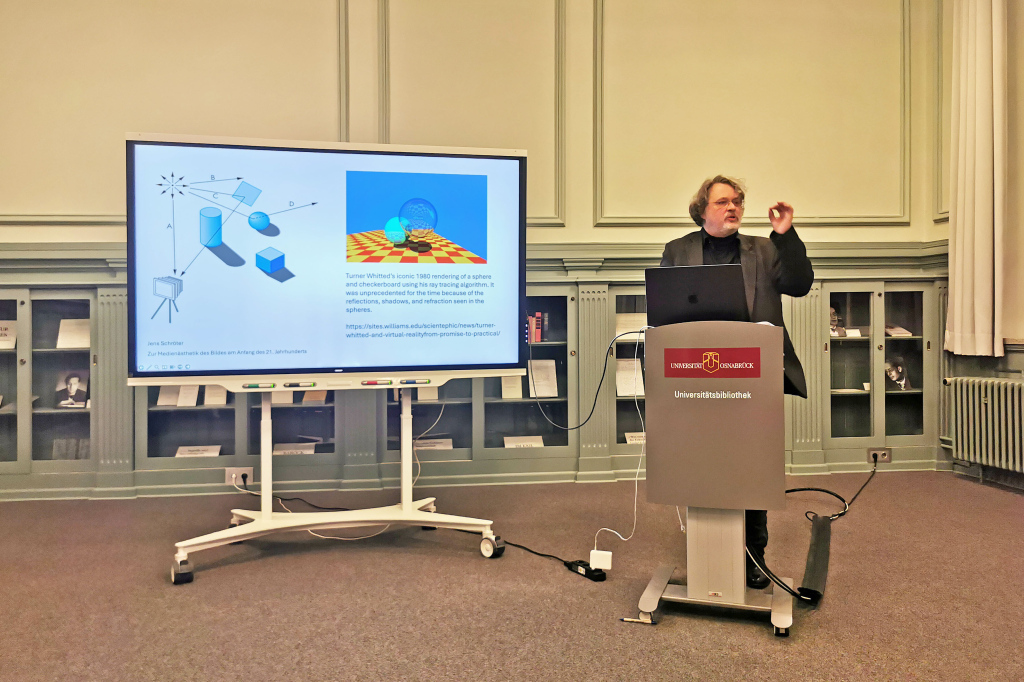
Osnabrücker Gastdozentur für Literatur und Medien for Professor Schröter!
On 19.11. Jens Schröter gave a talk on »Medienästhetik des Bildes am Anfang des 21. Jahrhunderts«
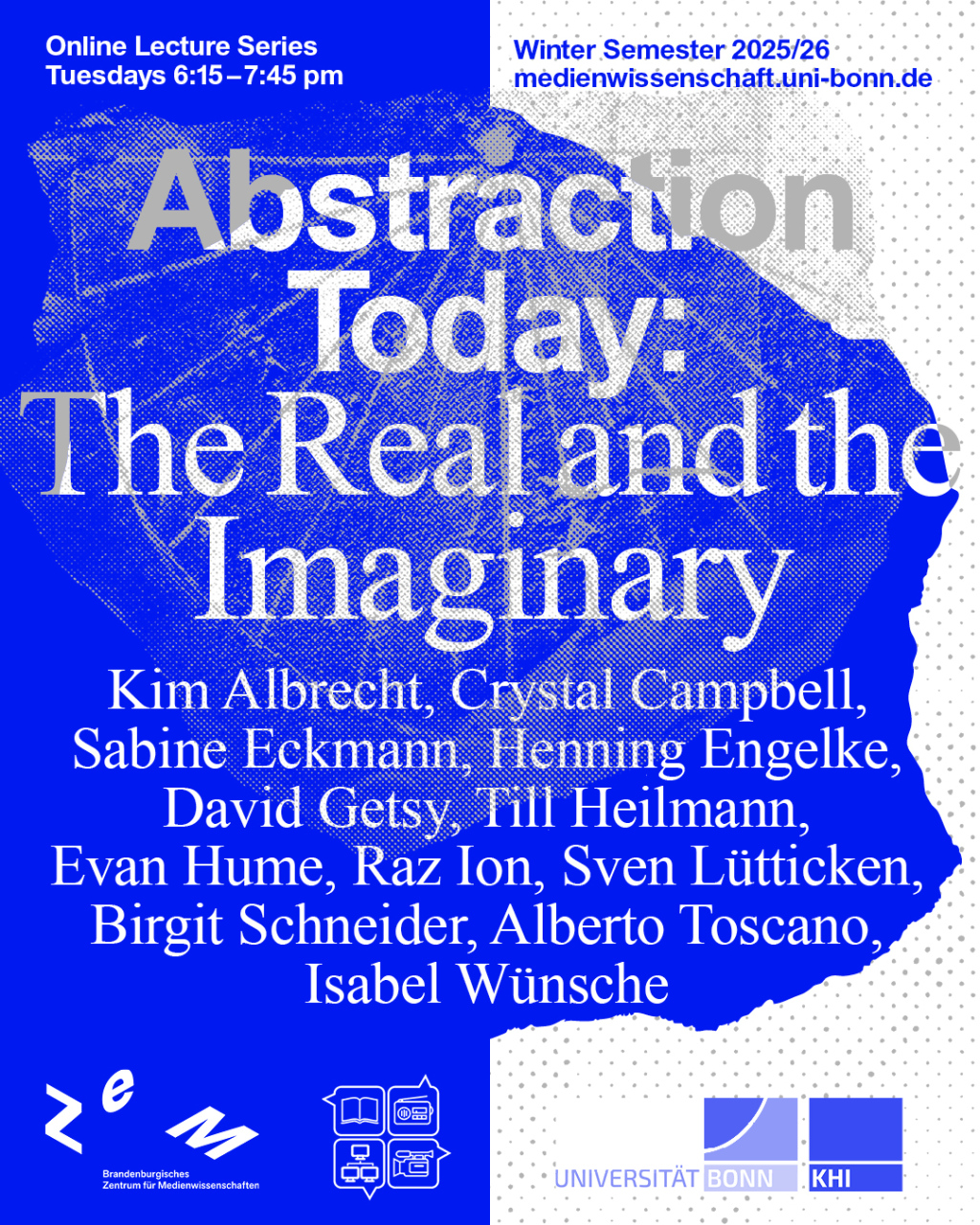
In Winter 2025/26! STARTING 21.10.2025!!! EVERY TUESDAY 18 15-19 45 CET!
Lecture Series: ABSTRACTION TODAY!
Prof. Dr. Jens Schröter organized together with Prof. Dr. Mersmann, Institute of Art History Bonn and Dr. Svea Bräunert, ZEM Brandenburg (and subsitute Prof. in Bonn in WS 25/26) a lecture series ABSTRACTION TODAY!
VIRTUAL LECTURE SERIES! YOU CAN JOIN VIA ZOOM!
Here is more information and the ZOOM LINK! (the videos of the lectures so far can also be found there, open up the corresponding date)
From automated navigation to weather forecasts, data visualizations, and painting, abstraction has an undeniable presence in the contemporary world. Yet, it not only represents but also creates worlds. It is an operative concept that likewise possesses an imaginary thrust for perceiving things otherwise. As such, abstraction comes in many different forms: It is an aesthetic, a technology, an epistemology, and a practice. Therefore, it is also a political attitude, a mode of description, a tool of complexity reduction, and an instruction for intervention. Depending on its context and use, it can take on radically different connotations, ranging from dehumanizing to appealing, from affirmative to critical, from incorporated to autonomous.
Taking its cue from the different meanings and applications of abstraction, the international lecture series “Abstraction Today: The Real and the Imaginary” is designed as an interdisciplinary endeavor with a focus on visual media and digital culture. Most digital technologies (like networks, computer simulation or artificial intelligence) and correlated practices are closely connected to different forms of abstraction on different levels. To do justice to the complexity of the phenomenon, the series brings together a group of international scholars, artists, and curators who speak on abstraction today as it unfolds in fields such as art, photography, film, design, image science, visual culture studies, philosophy, and more. Grounding the inquiries into the contemporary conditions of abstraction are contributions focusing on its historical lineage, most importantly its emergence within the discourse of modernism to be understood in its global and postcolonial plurality.
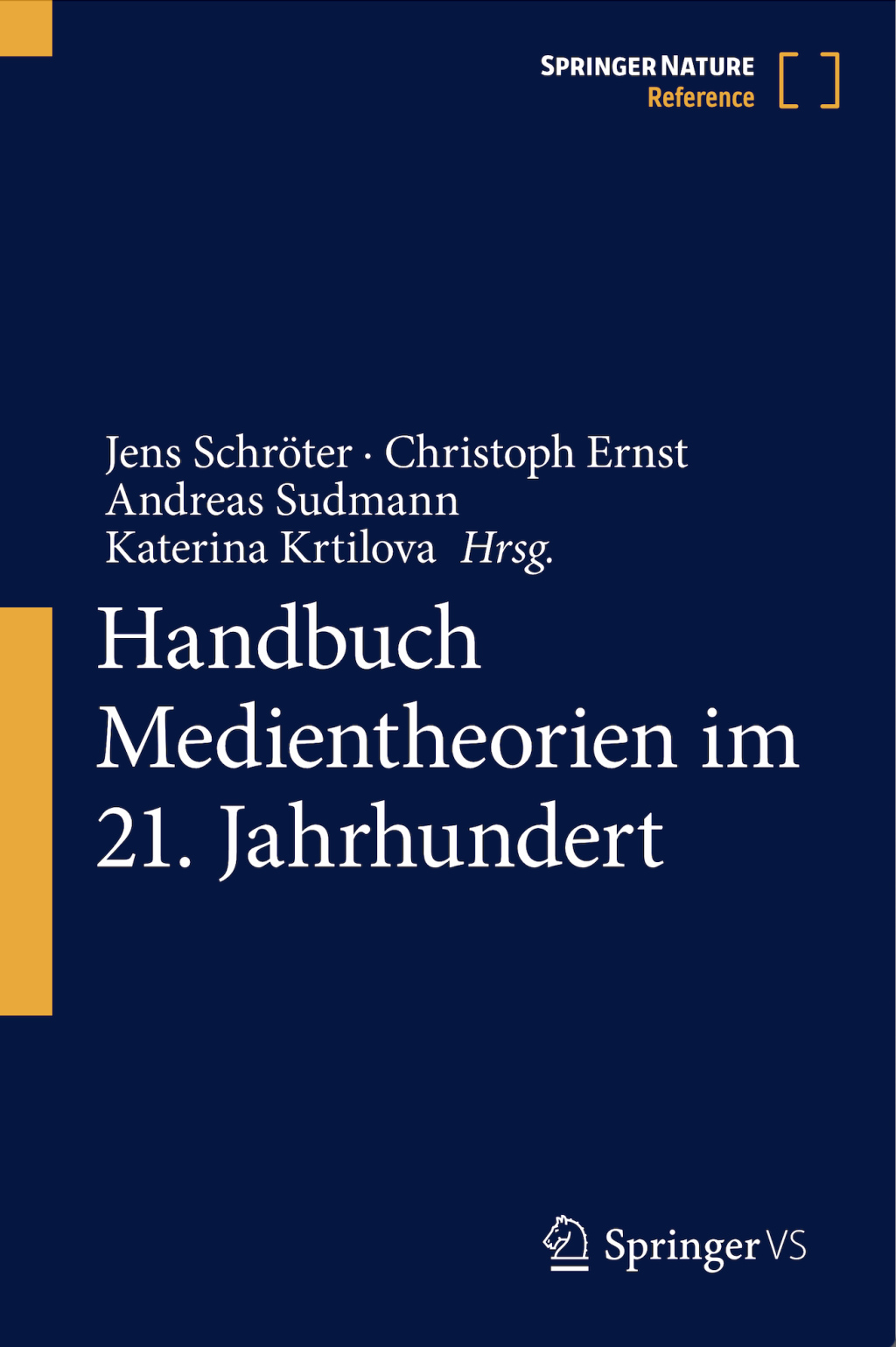
FORTHCOMING!
Handbuch Medientheorien im 21. Jahrhundert
Here is the link to the gradually ONLINE FIRST publication of the handbook!
ALREADY 39 PAPERS PUBLISHED! SOME MORE TO COME!


